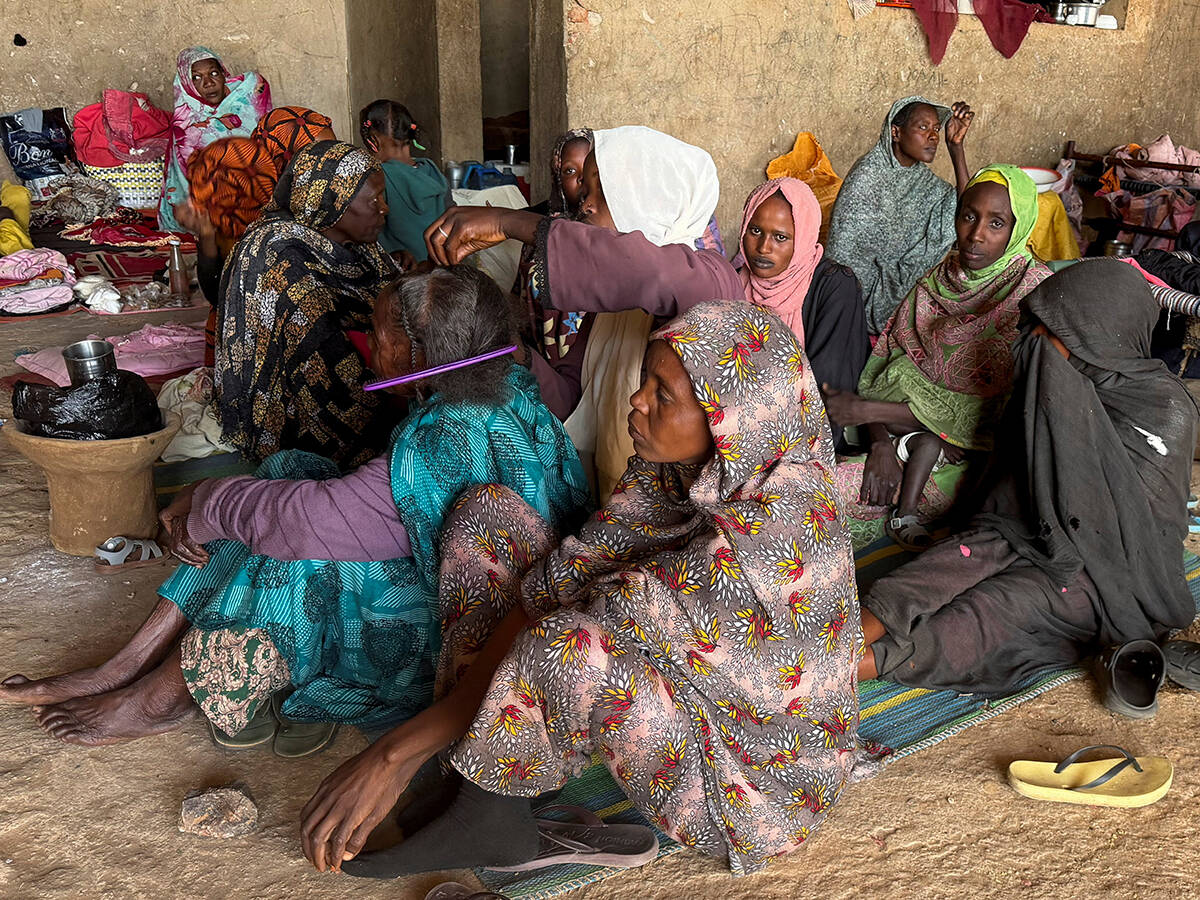Canada’s pulse industry is still waiting to hear whether India will reverse a decision that could seriously hamper Prairie exports to its largest market.
For more than a decade, India has required most pulse shipments be fumigated with methyl bromide in the country of origin. But Canada and some other countries were granted an exemption, in part because methyl bromide cannot be used in cold weather. This exemption was extended every six months, but in September Indian officials said that they would no longer grant exemptions. While the current exemption ends March 31, Canadian pulse exports have been effectively halted for several weeks.
Read Also

‘Millions will die’: Foodgrains Bank faces $2.7B federal funding threat
Foodgrains Bank warns $2.7B aid cut triggers a humanitarian crisis, risking global hunger relief and 40 per cent of its funding.
- Read more: Pulse sector roiled by India’s fumigation edict
- Read more: Pulse crop sales to India dry up over pest-control plan
Canadian officials have responded with a technical data package laying out the risks of pulse imports to India, including a comparison of the pests of concern for India to the presence of those pests in Canada and the federal regulations surrounding pest control.
Pulse Canada CEO Gordon Bacon said last month that he was hopeful Indian officials would accept those scientific findings — which showed the insects India is concerned about aren’t in Canada — by March 10, but that date came and went without a response.
And while federal Agriculture Minister Lawrence MacAulay and a delegation from Pulse Canada and Canadian Food Inspection Agency were in India at the beginning of March to push for a quick resolution to this policy shift, at press time there was no word as to whether India will move ahead with this new requirement.
India may still grant another six-month extension to review the issue in more detail, but if officials remain firm on this decision, Canada will need to fumigate its pulses in a third country, such as Singapore, during months of cold weather. And the effects of that will be felt across Canada’s entire pulse industry.

“For many years, India has been our biggest customer. India is taking over one-third of our total crop. If we lose access to one-third of our market, we’ll have to see how the marketplace reshuffles,” Bacon said in an interview late last month.
“You can’t just lose one-third of your pea and lentil market and not expect that it will not have an impact on price.”















